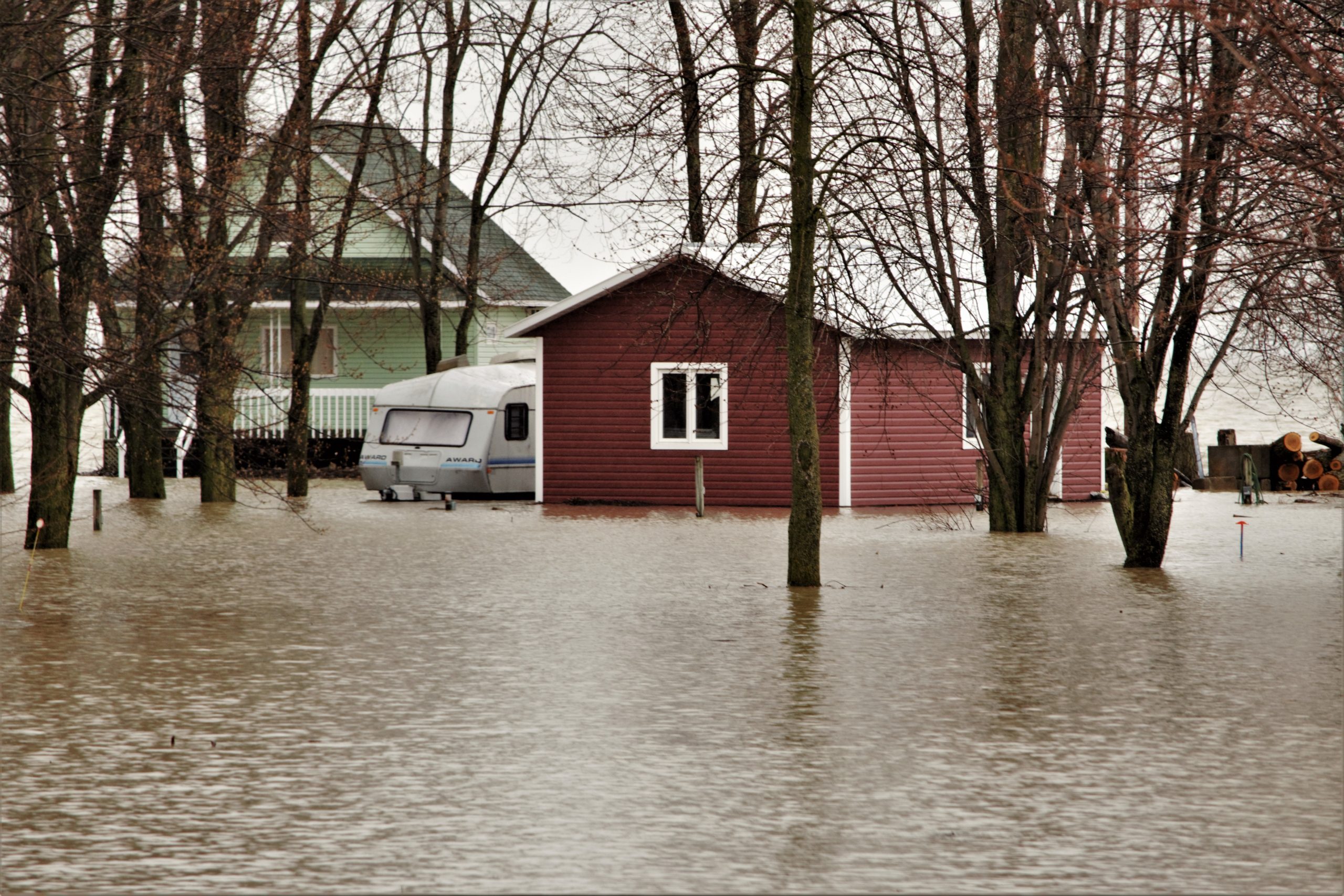Michael Warren Insurance Agency
Flood Insurance
Commercial & Residential Flood Insurance
The government writes the majority of flood insurance in the United States. If the neighborhood participates in the National Flood Insurance Program (NFIP), which was established by Congress in 1968, homeowners, renters, and business owners will receive flood insurance.
After this current extension expires, the NFIP is scheduled to terminate. In order to help close the $24 billion NFIP shortfall, recent legislation increased the NFIP rates. The bill also called for an investigation into expanding private flood insurance options. As a result, private businesses are stepping up to offer alternatives to this government program.

Residential Flood Insurance
Many home owners think that they only need flood insurance if their mortgage lender or bank stipulates that they do, which is typically the case when the home is situated in a “high risk” location (flood zone A or V).
The truth is that you are at risk whether or not you live near the seaside. Regardless of where it rains, flooding can occur, regardless of how close you are to a body of water.

Commercial Flood Insurance
If your business is located in a high-risk flood zone, you must obtain flood insurance if you have a Small Business Administration loan.
If your business building is located in an A or V flood zone, which is a high-risk flood zone, many other lenders will need flood insurance.
You may be low risk, but no one is no risk.
If you are outside of the “high-risk” flood zone and believe you do not require a flood insurance coverage, do not let this deceive you into a false sense of security. No one is immune to the risk of flooding; wherever it rains, flooding is a possibility.
70% of the claims made after Hurricane Harvey hit Houston were not in areas at high risk of flooding. In addition, 25% of all flood claims are situated outside of the A and V “high risk” zones. Defend your stock and business.
